Vegetable Breeding and Genetics Research
As the world’s food supply faces the dual threats of population growth and climate change, many have rallied around a call for increased productivity and plant resiliency. While this need is indisputably clear, focusing solely on quantity omits an aspect essential to true food security – quality. To holistically meet the dietary needs of nine billion people in the next thirty years, improved crop varieties must adhere to consumer preferences and provide adequate quantities of micronutrients.
But what makes a vegetable high quality, and how might this assessment differ across stakeholder groups? What is the genetic control of good flavor? How might available genetic resources be used to improve quality both efficiently and effectively?
Using tools from genomics, proximal sensing, and computer programming, the Hershberger lab seeks to explore these questions while breeding flavorful and nutritionally dense vegetables at Clemson University.
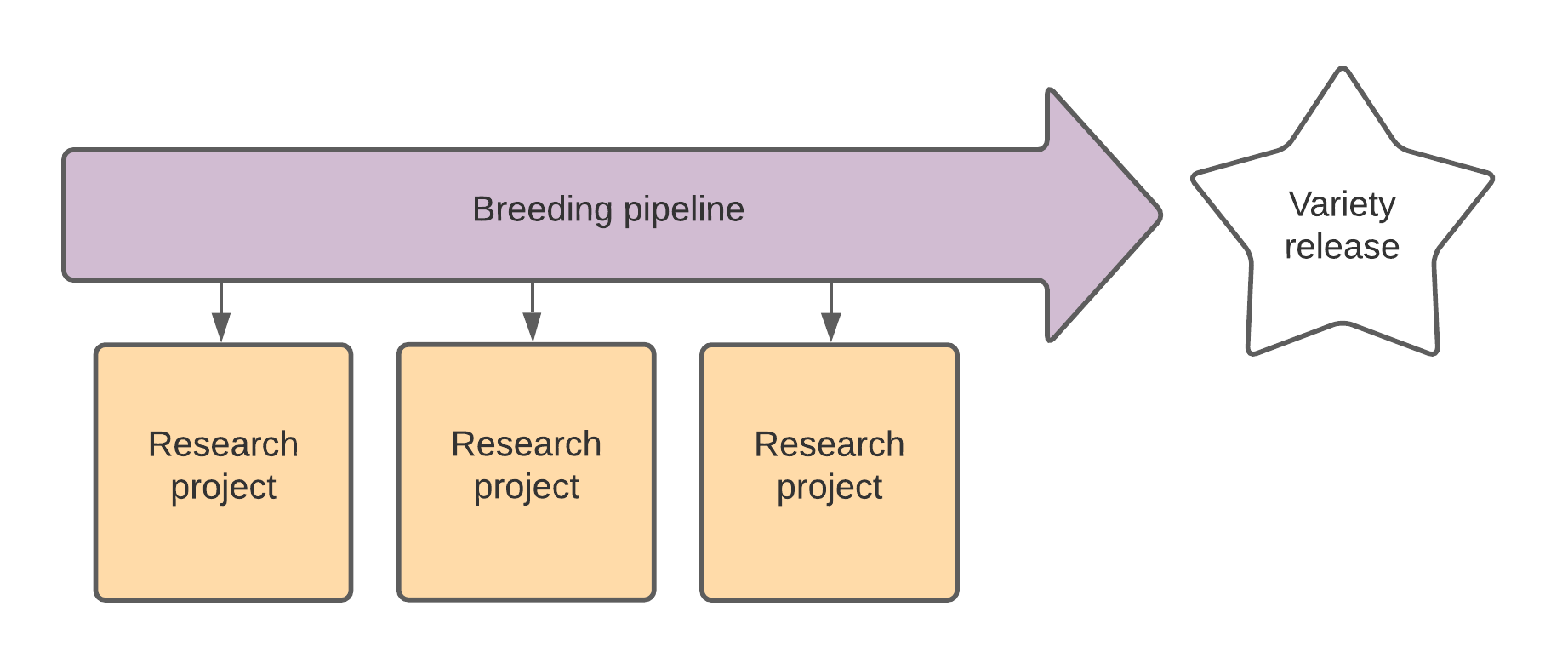
Our work falls under the following aims:
- Establish efficient and stakeholder-driven vegetable breeding programs focused on nutritional quality and flavor
- Characterize the genetic variation for and control of target traits
- Develop and evaluate new phenotyping methods for the quantification of nutritional and consumer preferred quality traits in vegetable crops
Featured projects

The Hershberger Lab is leading a new AFRI DSFAS project, High-Dimensional Phenotype Data Management and Analysis Infrastructure for Plant Breeding, in collaboration with Trevor Rife, Lukas Mueller, Jean-Luc Jannink, and Peter Selby.
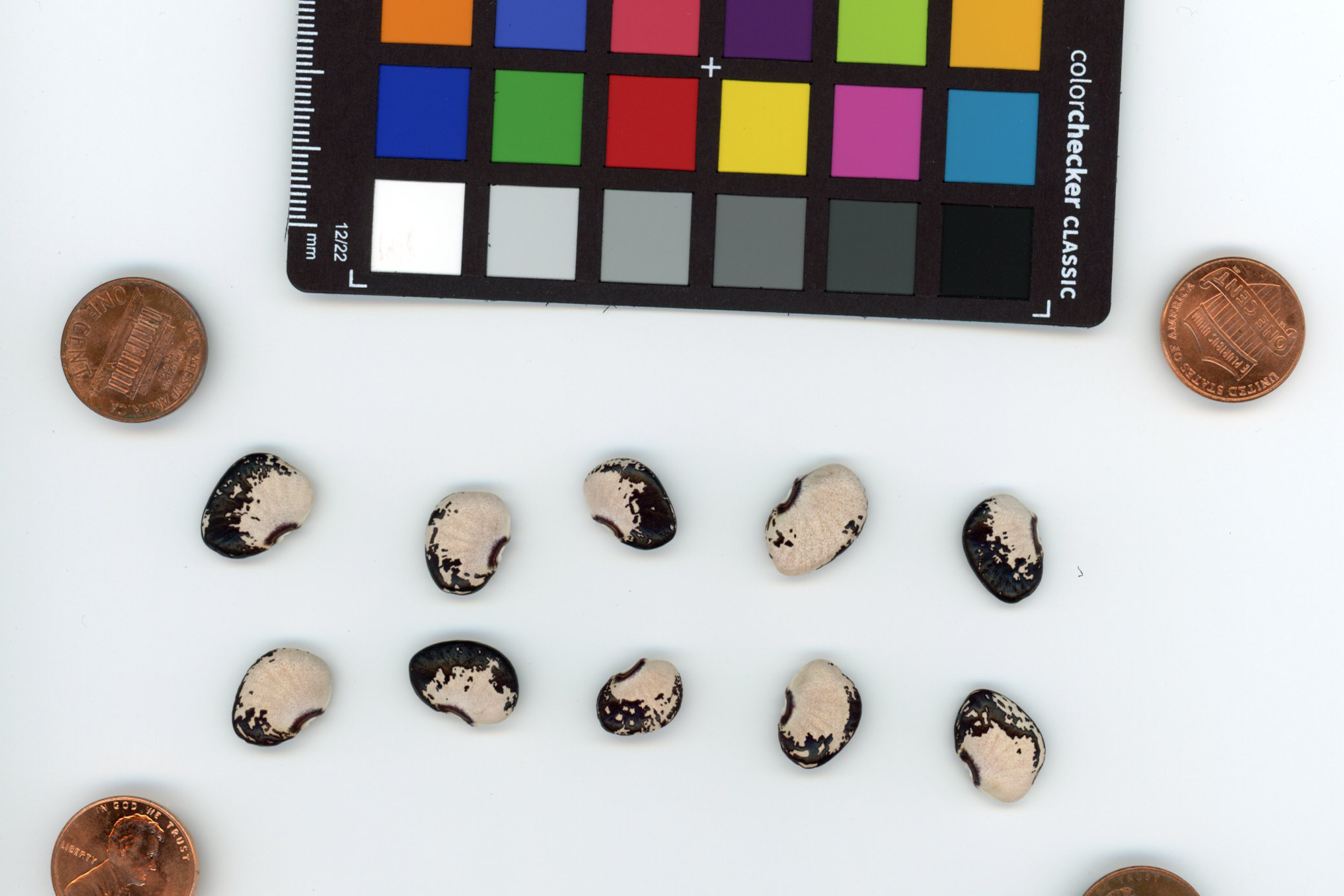
In collaboration with partners across the US, we are working to develop genomic resources to improve lima bean breeding for consumer quality and agronomic traits.
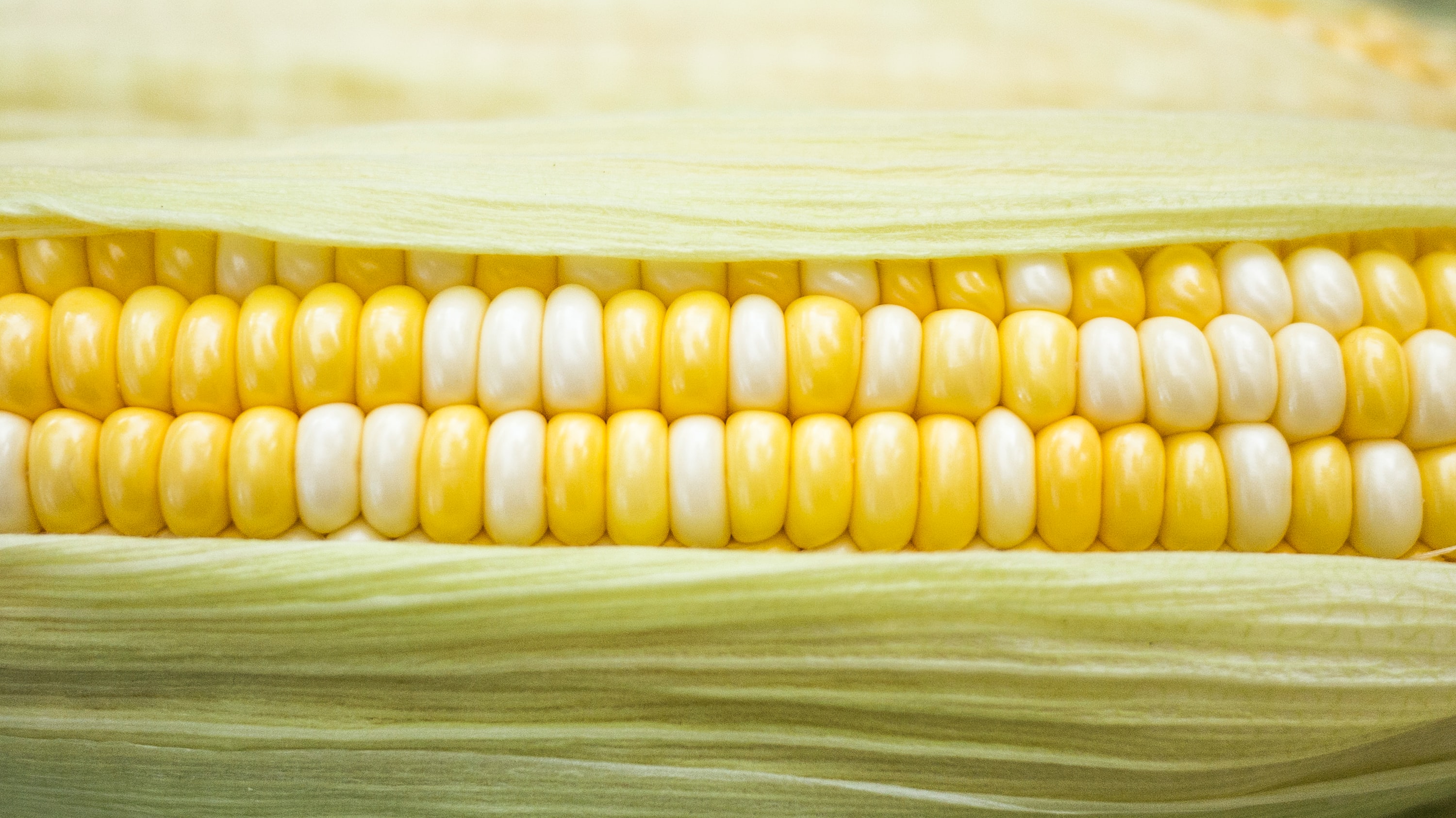
We are partnering with collaborators from across the US to develop new breeding technologies for sweet corn. Our current focus is the spectroscopy-aided discrimination of haploid vs diploid kernels during doubled haploid induction.
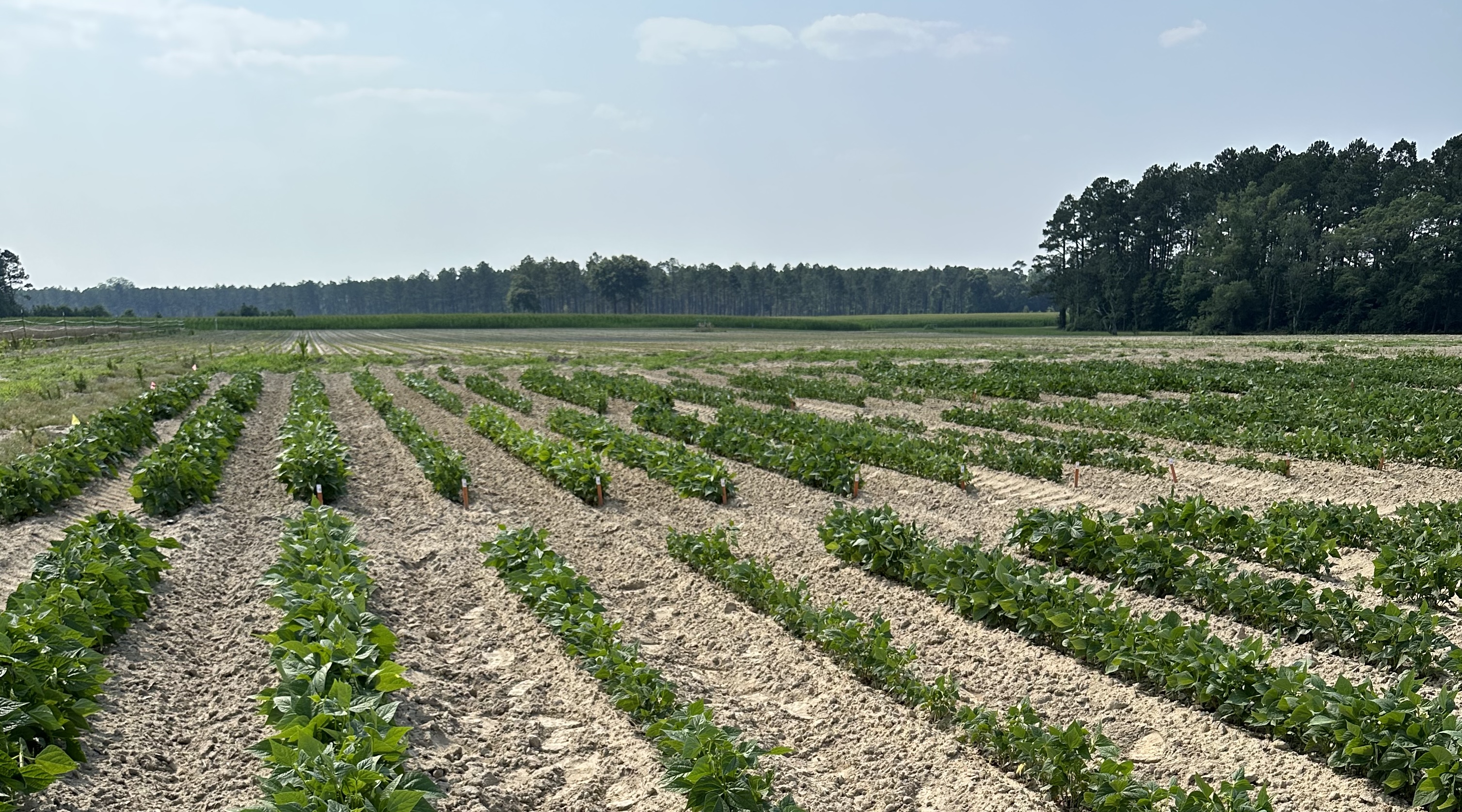
We partnered with McCall Farms to conduct our first variety trial in 2023 at Clemson’s PDREC. We are excited to continue this work 2024.
More

CRCIL is a USAID-funded effort to enhance cereal germplasm for climate resilience in Ethiopia, Senegal, and Bangladesh. We are supporting the integration of spectroscopy-based phenotyping into partner breeding programs.

Originally designed application in the context of resource-limited plant research and breeding programs, ‘waves’ provides an open-source solution to spectral data processing and model development by bringing useful packages together into a streamlined pipeline.
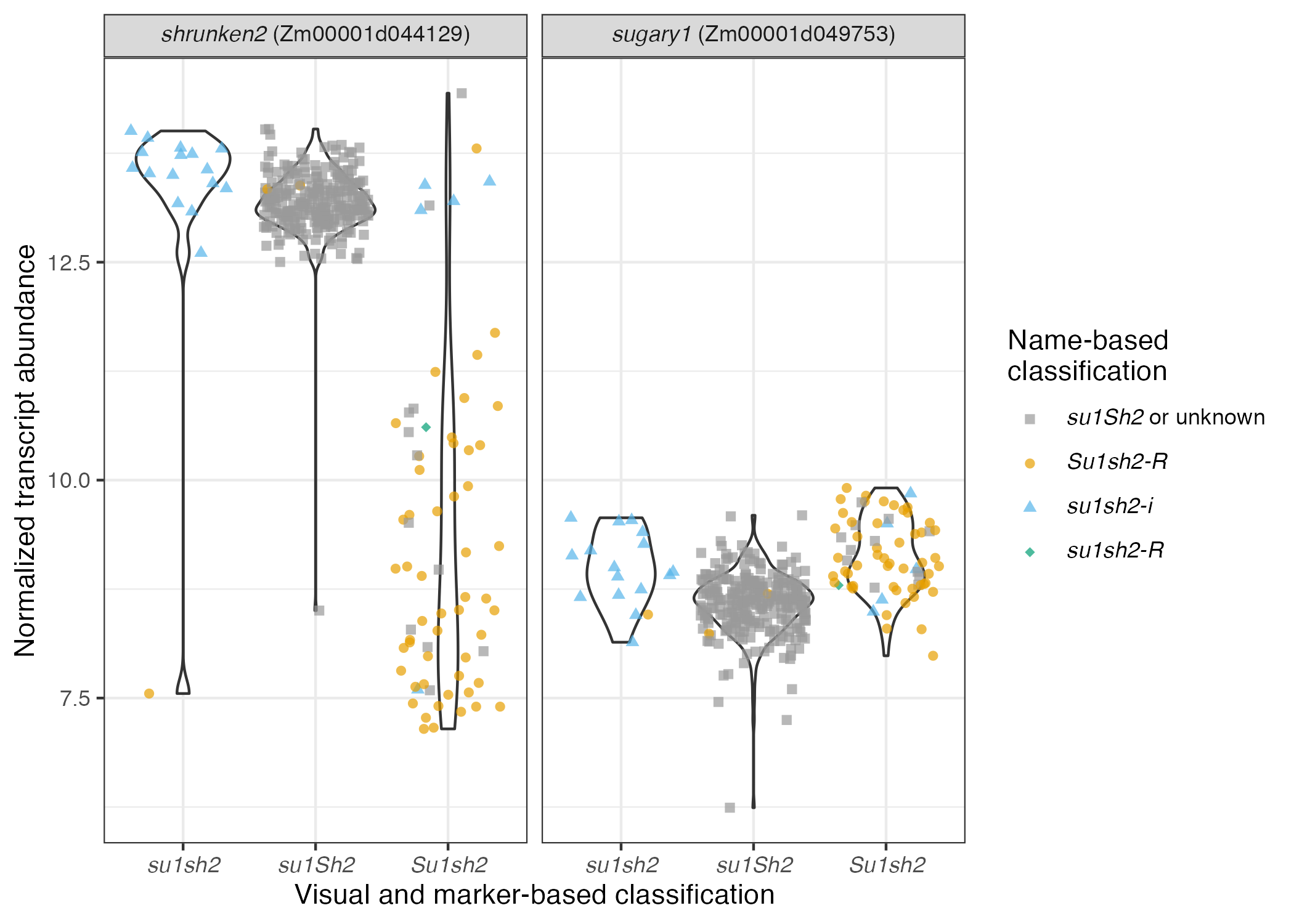
We used fresh sweet corn kernel 3’RNAseq for transcriptome-wide association and prediction of carotenoid and tocochromanol content.
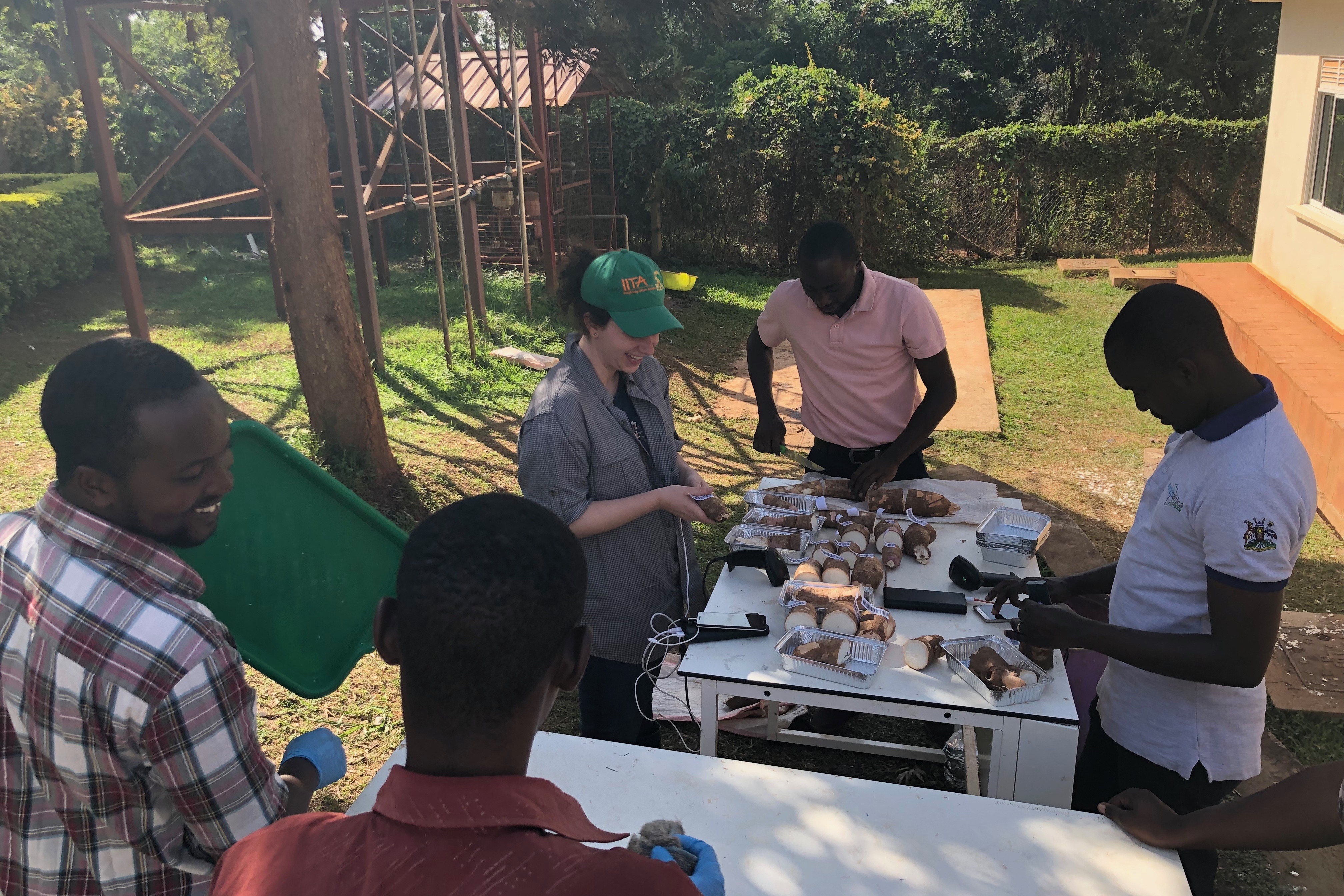
Working closely with collaborators at IITA, we successfully predicted root dry matter content with a handheld near-infrared spectrometer.